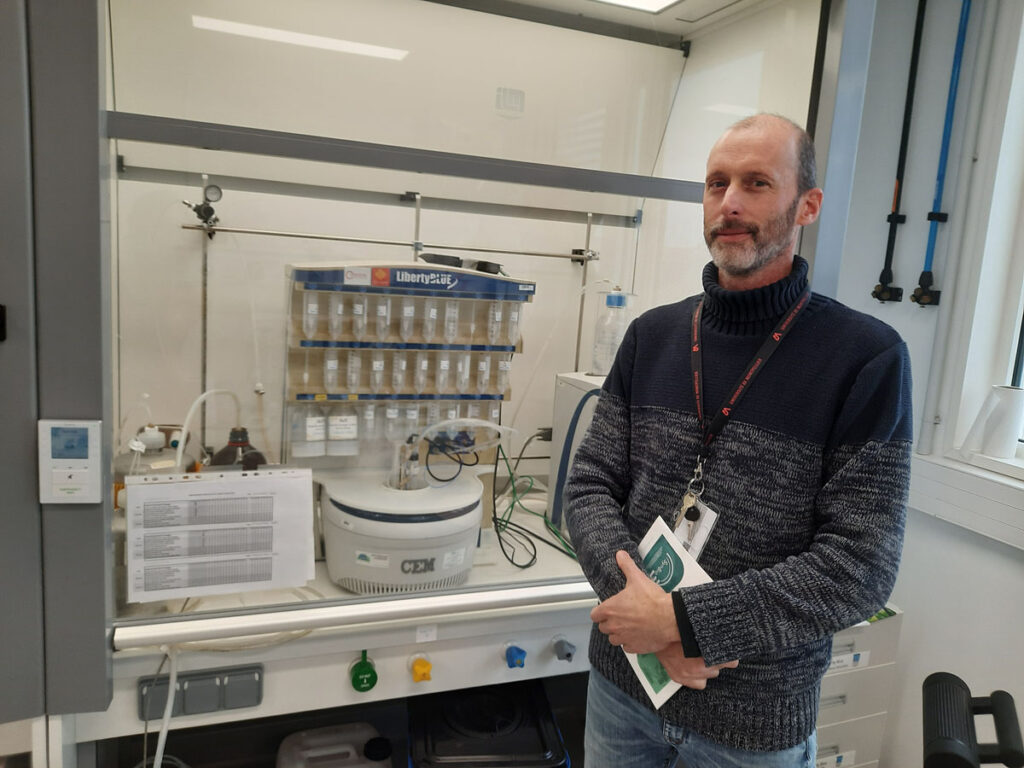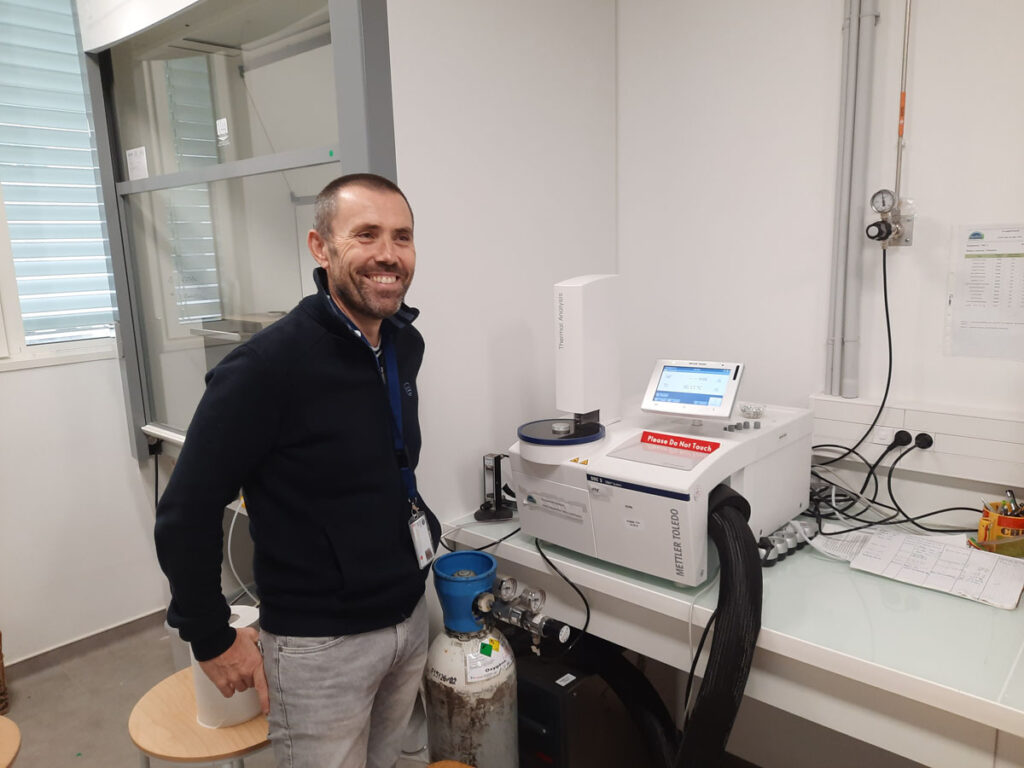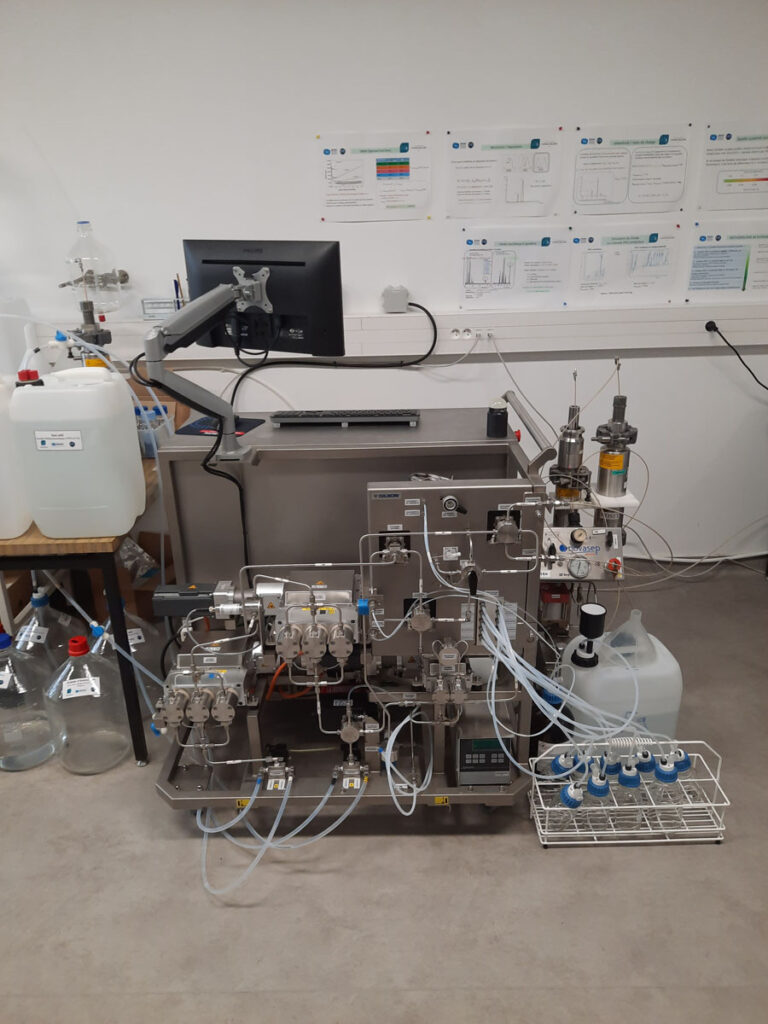Science at UM [S02-ep09]: From CO2 in vegetables to the peptide plate
This week, Alain Gojon from the Montpellier Plant Sciences Institute explains the impact of higher atmospheric CO2 concentrations on the nutritional quality of plants. In the second part of the program, Pascal Verdié invites us to the peptide lab at the Synbio3 platform at the Balard Research chemistry center. A program co-produced with Divergence FM.

Vitamins, minerals, fiber, protein... What could be better than fruit to give you energy? What could be better than vegetables to give you a boost?
Come on, we saw you... Don't blush like a tomato and stop telling us tall tales! We know that for many of you, fruits, vegetables, and other plants are a real pain. Too expensive when you're broke, too dry when you're overweight, too long to prepare when you're pressed for time...
And yet... Imagine for a second that vegetables no longer serve us. Imagine that plants no longer feed us! A global disaster! The entire human race running out of juice! Does that make you laugh? And yet it's no joke... Recent studies show that while rising atmospheric CO2 levels stimulate photosynthesis, they also degrade the nutritional quality of plants.
So, is it all over? That's the question we're asking our guest today. Alain Gojon is a researcher at the Montpellier Plant Sciences Institute.
See also:
- How rising atmospheric CO2 threatens the nutritional quality of plants, CNRS press release, November 3, 2022
- What if plants no longer fed us? LUM Magazine No. 9, May 2019



At UM Science, you have the program, so let's get started!
Co-production: Divergence FM / University of Montpellier
Host: Lucie Lecherbonnier
Interview: Lucie Lecherbonnier, Aline Périault
Reporting and editing: Aline Périault
Production: Naomi Charmetan
Listen to the program “A l’UM la science” on Divergence FM 93.9

Find UM podcasts now available on your favorite platform (Spotify, Deezer, Apple Podcasts, Amazon Music, etc.).